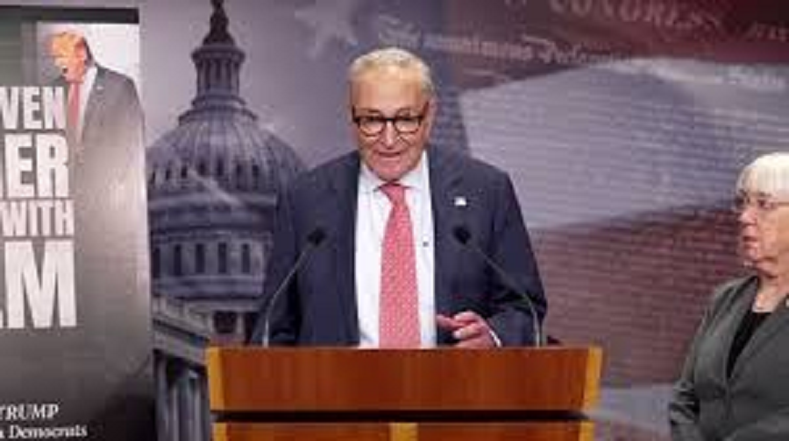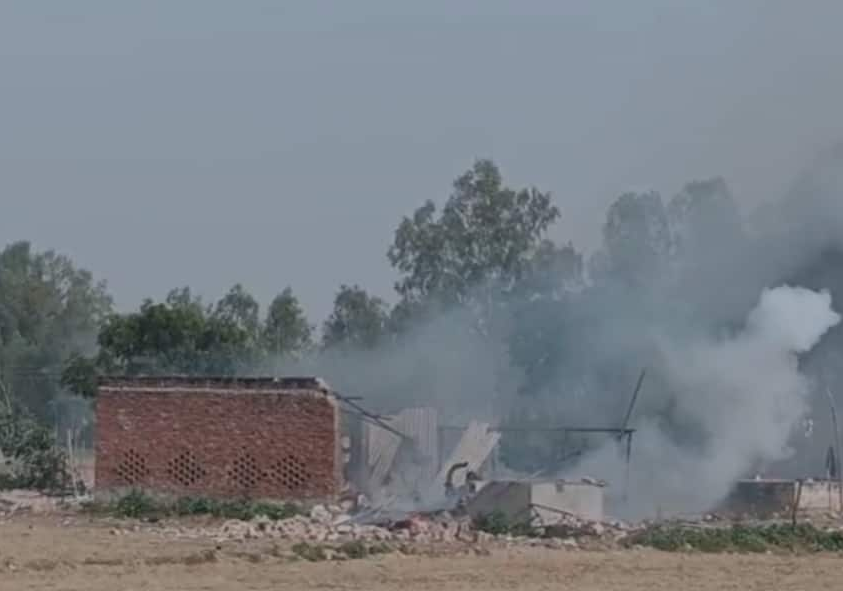US shutdown crisis: Senate fails, government offices may close; learn why the uproar
- bySherya
- 01 Oct, 2025

The US Senate failed to pass a funding resolution, threatening a government shutdown. Missing a midnight deadline would shut down non-essential government operations and leave millions of workers without pay.

The US Senate adjourned Tuesday evening without passing any funding resolution, making a government shutdown almost certain. Members of Congress have no plans to reconvene until Wednesday, missing a midnight deadline to keep federal operations running.
A government shutdown would halt non-essential operations and temporarily leave millions of government employees without pay. Social Security and other benefit distributions could also be affected.
What will be affected?
- Essential workers: Military personnel, air traffic control, and hospital staff will continue their duties but will not receive pay until the end of the shutdown.
- Non-essential employees: Will be sent on furlough.
- Estimated number: According to the Congressional Budget Office (CBO), about 750,000 federal employees could face temporary furloughs.
What did President Trump say?
President Trump has stated that his administration may consider permanently furloughing many federal employees in the event of a shutdown. However, non-essential employees are typically furloughed and receive back pay once the shutdown ends.
Who will continue the work?
By law, only "accepted" employees will continue to work if funding is cut off. This includes those involved in the protection of life and property.
- Medical care in the hospital
- border security
- Law and order
- Air Traffic Control
- Social Security and Medicare checks
Fierce debate between Republicans and Democrats in the Senate
Earlier, the ruling Republican Party had introduced a temporary funding bill in the Senate as a short-term measure to provide funds to the Trump administration until November 21st. However, the proposal failed after a debate that lasted late into the night, with intense debate between Republicans and Democrats. Ultimately, the bill failed to muster the 60 votes needed to pass the bill in the 100-member Senate, and it fell by a margin of 55-45.



